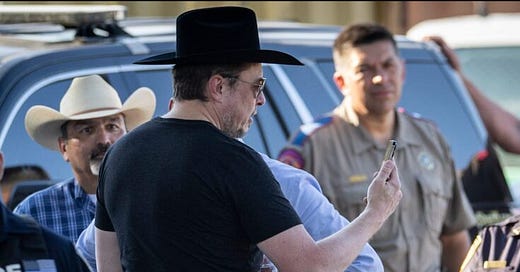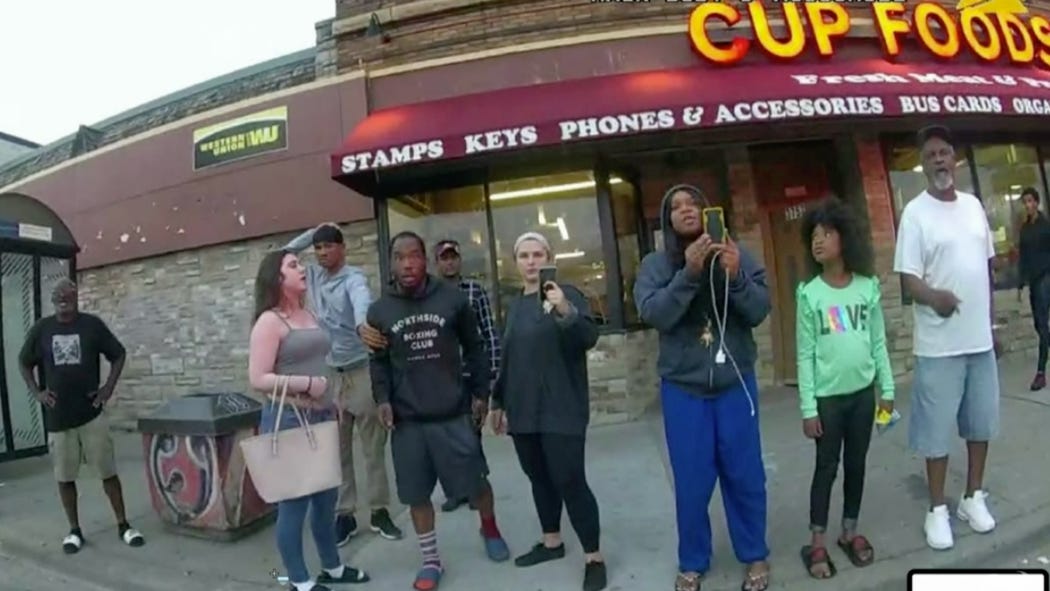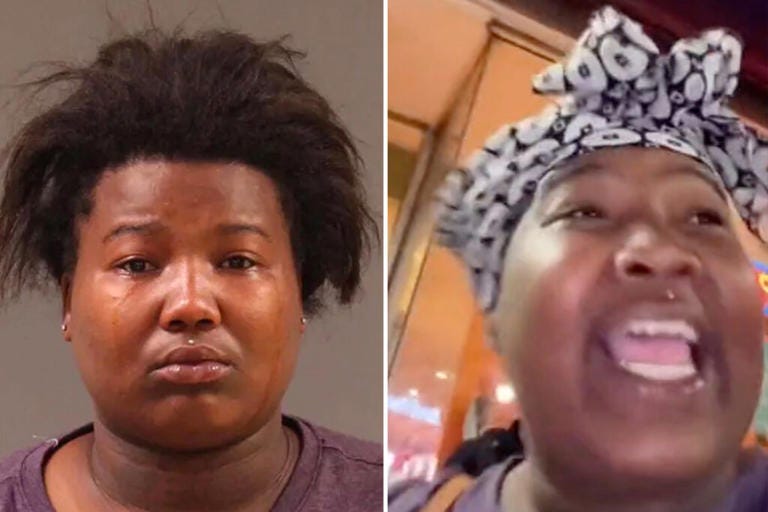Citizen journalism and the right to free speech
With the media’s dereliction of their duty to objectively report the day’s events, citizen journalism puts the power back in the hands of the people.
Last week, the world’s richest man became a journalist for a day. Elon Musk traveled to the U.S.-Mexico border to provide an “unfiltered” view of the immigration crisis (while simultaneously hawking the benefits of Twitter’s live-streaming capabilities). Once a salesman, always a salesman.
But cynicism aside, Musk did call attention to a very important issue in our society — the role of ‘citizen journalism’ and on-the-ground reporting now that mainstream media outlets have become almost entirely captured or ideologically motivated.
“More on-the-ground reporting from regular citizens will change the world.” — Elon Musk, September 28, 2023
Journalism, in its truest sense, is the act of giving a daily account of events. Being there and capturing what you see, whether in words or images. That’s the job of a journalist.
We’ve seen modern definitions try to take it a step further by describing journalism as not just the reporting of news but also its analysis and interpretation. However, analysis and interpretation can and often do lead to bias and subjectivity.
We suspect that is why more Americans than ever do not trust news media. A February 2023 Gallup poll found that half of Americans believe national news organizations intentionally mislead their audience. A similar share of people don’t think journalists care about the best interests of their readers, viewers, and listeners.
Is it any wonder, then, that social media influencers and citizen journalists have filled the void once held by news reporters?
Is Meatball a journalist now?
Instagram, TikTok, and Twitter allow audiences real-time access to videos and images from the perspective of a wide range of people around the world. Viewers can watch hours and hours of videos, many of which are vapid and mindless. But once in a while, users post videos that spark action or at least a national conversation.
Take, for example, the 10-minute cell phone video in May 2020 that captured the last moments of George Floyd’s life during an encounter with a Minneapolis police officer. By June 2020, 80% of Americans had seen the video. Now, nearly four years later, there are perhaps few people on earth who haven’t seen some portion of it.
The Pulitzer committee, which awards some of the world’s most coveted prizes in journalism, gave Darnella Frazier, the 18-year-old who captured the video, a special citation, “For courageously recording… a video that spurred protests against police brutality around the world, highlighting the crucial role of citizens” in the quest for truth and justice. Despite the fact that Frazier did not see what came in the lead-up to the 10 minutes she witnessed, her video was a spark that lit a flame.
In a perfect world, the media would present an objective accounting of events — as well as an investigation into the context that led to those events. In response, an informed public would use critical thinking skills to make up their minds about what they learn from the reporting.
NEWS FLASH: We don’t live in that perfect world.
The world we do live in sometimes serves up the same outcomes… but in a very different fashion.
On September 26, 2023, Dayjia Blackwell — who goes by the name Meatball on social media — took to the streets of Philadelphia to live-stream chaotic scenes of looting to hundreds of thousands of her Instagram followers. The melee ensued after charges against a Philadelphia police officer for fatally shooting a civilian were thrown out.
Blackwell shouted “Everybody must eat!” as crowds carried bottles of alcohol out of the smashed storefront of a liquor store. She screamed “Free iPhones!” as looters swarmed into an Apple Store.
Maybe she didn’t realize it, but Blackwell could have simply been doing the job of a modern-day journalist… that is if you follow the definition of “reporting the news” and providing “analysis and interpretation.” Her interpretation of the events just happened to be that everyone needs to eat.
The police thought differently. By broadcasting the night’s activities totally unfiltered, and encouraging others to participate, Blackwell ended up arrested and charged with burglary, conspiracy, criminal trespass, riot, criminal mischief, criminal use of communication facility, receipt of stolen property, and disorderly conduct. She is due in court later this month.
Blackwell’s video gave the world a front-row seat to the night’s events. People were able to quickly decide for themselves whether what they saw was a justified protest of police brutality or a plunderous free-for-all. Citizen journalism can offer transparency, although in sometimes roundabout ways.
Why citizen journalists scare the powers that be
With the media’s dereliction of their duty to objectively report the day’s events, citizen journalism puts the power back in the hands of the people. Coupled with the rise in podcasting, blogging, and vlogging, everyone is now a reporter able to record what they see, write what they feel, and decide for themselves what to make of it all.
That makes the idea of citizen journalism a big threat.
Powerful forces are now working overtime to limit free speech. Canada’s broadcast regulator, the CRTC, recently announced that companies offering podcasts or social media services in Canada must register with the government by November 28.
While many are calling this a move to censor free speech, mainstream media is quickly trying to dispel the criticism by noting that individual podcasters will not be required to register. But as Canadian columnist Brian Lilley wrote in The Toronto Sun:
“Saying you won’t regulate an individual podcaster, just the platforms they stream on, is like saying you won’t regulate individual drivers, just the highways they drive on.”
Britain also recently passed the Online Safety Bill, a 300-page piece of legislation that took five years to develop. Free speech activists have decried the bill, saying it “imbues the government with tremendous power; the capability to demand that online services employ government-approved software to scan through user content, including photos, files, and messages, to identify illegal content. Non-compliance can result in severe penalties such as facing criminal charges.” Even The New York Times called it, “one of the most far-reaching attempts by a Western democracy to regulate online speech.”
The United States Constitution still protects our right to free expression. If citizen journalism is to take a role in producing public accountability, it is very important for us to know and understand the rights we enjoy under the First Amendment.
The case of a citizen journalist named Justin Pulliam is instructive. Pulliam is suing the Fort Bend County, Texas, sheriff’s department over a July 2021 incident in which he was ejected from a public press conference.
Pulliam, who films and uploads public interest activities such as police interactions on his YouTube channel, Corruption Report, was ejected from a press conference in July 2021 – he was deemed “not media.”
Later that year, he was arrested while capturing footage of police interaction with an individual experiencing a mental health crisis.
This case not only highlights the potential dangers of defining journalists as a special class but also the impossibility of the government being the final authority on what constitutes a journalist.
This issue of definition has been thrown into sharp focus with the arrest and prolonged imprisonment of Julian Assange, founder of WikiLeaks, who exposed governments’ previously undisclosed activities. His journalistic activities were redefined by government officials as espionage, a critical blow to journalism.
However, this case does signify a significant shift in understanding what defines journalism. As Justin Pulliam continues his fight, his case answers a significant question about who deserves the protections associated with journalism, underlining that these protections must extend to all who partake in these activities. This case emphasizes the importance of citizen-led accountability and oversight in a climate where major media outlets increasingly align with the authorities’ narratives.
Traditional arguments against citizen journalists include their lack of formal training and experience, limited resources to conduct in-depth investigative stories, safety concerns, sensationalism, legal and ethical issues, or lack of credibility. Anyone making these arguments today would have a hard time defending mainstream media against the very same criticisms.
On the bright side, citizen journalists can provide a wide range of perspectives and viewpoints that would otherwise be overlooked in traditional media. This can lead to a more comprehensive understanding of complex issues. Citizen journalists can report on events as they happen, providing real-time updates and breaking news. They can hold traditional media and powerful institutions accountable for their actions by exposing wrongdoing or unethical behavior.
This was once the role of the fourth estate, but if they’re not going to do it shouldn’t we?






Spot on.